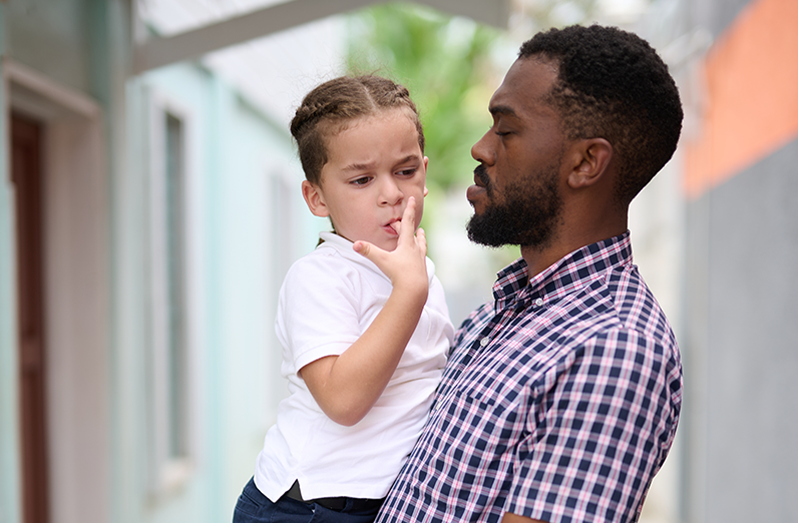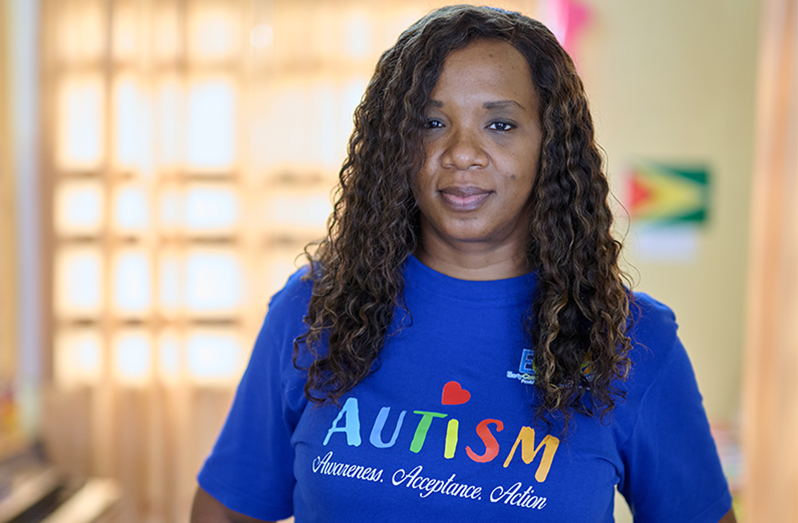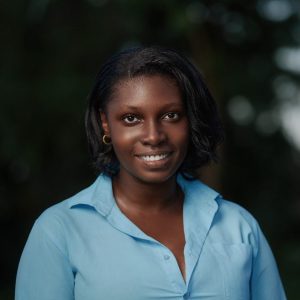Understanding the importance of Autism awareness and support in Guyana
WHEN Rosanne Farley’s daughter was diagnosed with autism in 2010, she found herself in unfamiliar territory. At the time, there were few resources available in Guyana for children on the spectrum. Determined to give her daughter the support she needed, Rosanne took it upon herself to learn everything she could about autism. This journey led her to create a support group for parents, which later evolved into Early Childhood Services Care Centre; a centre dedicated to helping children with autism. Today, her work continues to transform the lives of families like Shamar Wilson’s, a father advocating for greater awareness and acceptance of autism. Their stories highlight the importance of early interventions, community support, and the need for better understanding of autism in Guyana.
Recent years have seen massive changes and developments in our understanding of autism. In Guyana, however, there are still hurdles with diagnosing, understanding, and communicating with those on the spectrum. In 2010, when Rosanne’s daughter was diagnosed, there were little to no resources, groups, or places that Rosanne could turn to. Recounting the earliest signs of autism in her now 16-year-old daughter, Crystal, Rosanne stated, “Crystal wasn’t responding to her name, had poor eye contact, and had a speech delay.” With no existing interventions available, she committed herself to learning as much as possible.
Rosanne attended every training session, conference, and Online course she could find in an effort to understand the little-talked-about topic of autism better. “I put my life on hold to help her, and I do not regret making that choice,” Rosanne shares. The results were beyond what she had imagined, and her daughter flourished, becoming better at communicating and social interactions. Inspired by this progress, she extended her knowledge and support to other parents in similar situations. “I started reaching out to parents, doing screenings, and providing support,” Rosanne shared.
Recognising the overwhelming need for structured intervention, she founded Early Childhood Services. Officially launched on Autism Awareness Day in 2024, the centre offers speech and behavioural support for children on the spectrum. “A little child came to the centre after being dismissed from a school because of his behaviour. In less than three months, he was talking, interacting, and doing so well,” Rosanne stated.

Although not a medical endeavour, Rosanne works with children and parents to better understand each other, using techniques she has learned on her own parenting journey. She believes that while awareness is crucial, action and acceptance are equally important. “We need more than awareness. What we need to see is acceptance and action,” she told Pepperpot Magazine. As she explained, while parents, families, and sometimes even friends can be supportive, more inclusive spaces and training teachers to support autistic children better are essential steps towards true acceptance.
For Shamar Wilson, raising a child on the spectrum has been a journey of both learning and advocacy. When his son was first diagnosed, he felt lost. “I had no options or even ways to help him, so I did my own research on autism,” he shared. Determined to understand his son’s needs, he focused on communication, encouraging his child to express himself rather than assuming his needs.
Through his own research and working alongside Rosanne, Shamar has been able to understand his son better, learning new communication techniques. As he stated, “Today, my son has become very communicative. He voices what he likes, what he doesn’t like, what he wants,” Shamar shares. Watching his son develop unique interests and preferences has been an incredibly rewarding experience. “Some parents might worry when they see their child not advancing as quickly as others, but I’ve seen my son excel in ways I never expected,” he shared.
Shamar believes that the biggest challenge in Guyana is the lack of proper training for educators. “Schools need better systems for interacting with autistic children,” he says. Misconceptions about autism persist, and he has encountered many people who underestimate his son’s abilities. “Many assume children on the spectrum are ‘retarded’, but that’s not the case. My son is incredibly capable; he just learns differently,” he shared.
With the emergence of new centres and organisations dedicated to autism education and awareness, Shamar says he is optimistic about children like his son. Shamar has picked up the mantle to educate other parents, though he acknowledges that not everyone is ready to accept the possibility that their child may be on the spectrum. “It’s difficult at first, but once you put in the work, it gets easier. You don’t have to be afraid,” he said. Shamar says that his dedication has paid off. “For Aiden, making eye contact or even physical contact with me or his mum was once impossible. But we worked with him, and now, things have changed. It’s different, but it’s worth it.”
Both Rosanne and Shamar agree that while there has been progress on autism awareness in Guyana, much more needs to be done. Acceptance means fostering inclusive environments where children on the spectrum can thrive, and action requires equipping teachers, parents, and the broader community with the necessary tools to support them. Through advocacy, education, and community efforts, the journey towards understanding autism continues, one child at a time.





.jpg)








